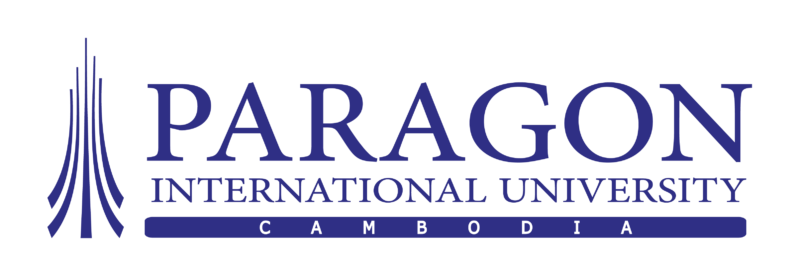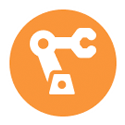| Course Title |
Credits |
Program / Specialization |
| Writing for Graduate Studies |
3 |
MBA |
| Strategic Leadership |
3 |
MBA |
| Economic Policy |
3 |
MBA |
| Business Accounting |
3 |
MBA |
| Human Capital Management |
3 |
MBA |
| Professional Communication |
3 |
MBA |
| Evidence-based Management |
3 |
MBA |
| Financial Statement Analysis |
3 |
MBA |
| Marketing and Brand Management |
3 |
MBA |
| Operations and Supply Chain Management |
3 |
MBA |
| Entrepreneurship |
3 |
MBA / Departmental Electives |
| Customer and Marketing Analytics |
3 |
MBA / Departmental Electives |
| Creativity in Business |
3 |
MBA / Departmental Electives |
| International Economics |
3 |
MBA / Departmental Electives |
| Leading in a Digital World |
3 |
MBA / Departmental Electives |
| Organizational Behavior and Leadership |
3 |
MBA / General Management |
| Management Simulation |
3 |
MBA / General Management |
| Leadership and Management in Education |
3 |
MBA / Education |
| Critical Perspectives in Education |
3 |
MBA / Education |
| Developing E-Business Model |
3 |
MBA / E-Business |
| Digital Marketing |
3 |
MBA / E-Business |
| Corporate Finance |
3 |
MBA / Finance |
| International Finance |
3 |
MBA / Finance |
| Theories of International Relations |
3 |
MA in International Relations |
| Research Methods |
3 |
MA in International Relations |
| A History of the Modern world |
3 |
MA in International Relations |
| International Conflict Analysis and Resolution |
3 |
MA in International Relations |
| Foreign Policy Analysis |
3 |
MA in International Relations |
| ASEAN in a Changing World |
3 |
MA in International Relations |
| International Relations in East Asia |
3 |
MA in International Relations |
| International Law and Organizations |
3 |
MA in International Relations |
| Non-State Actors in World Politics |
3 |
MA in International Relations |
| Issues in Global Development Practices |
3 |
MA in International Relations |
| Global Governance and Security Order |
3 |
MA in International Relations |
| China’s Foreign Policy |
3 |
MA in International Relations |
| Media and Global Affairs |
3 |
MA in International Relations |
| Directed Readings in Int. Relations |
3 |
MA in International Relations |
| Seminar on Transnational Issue |
3 |
MA in International Relations |
| Social Science Research Methods (Res. subject) |
3 |
MA in International Relations |
| Data Science & Data-Driven Decision-Making |
3 |
MSc in MIS |
| Data Science with Open-Source Tools |
3 |
MSc in MIS |
| Data Design and Visualization |
3 |
MSc in MIS |
| Machine Learning for Data Analysis |
3 |
MSc in MIS |






